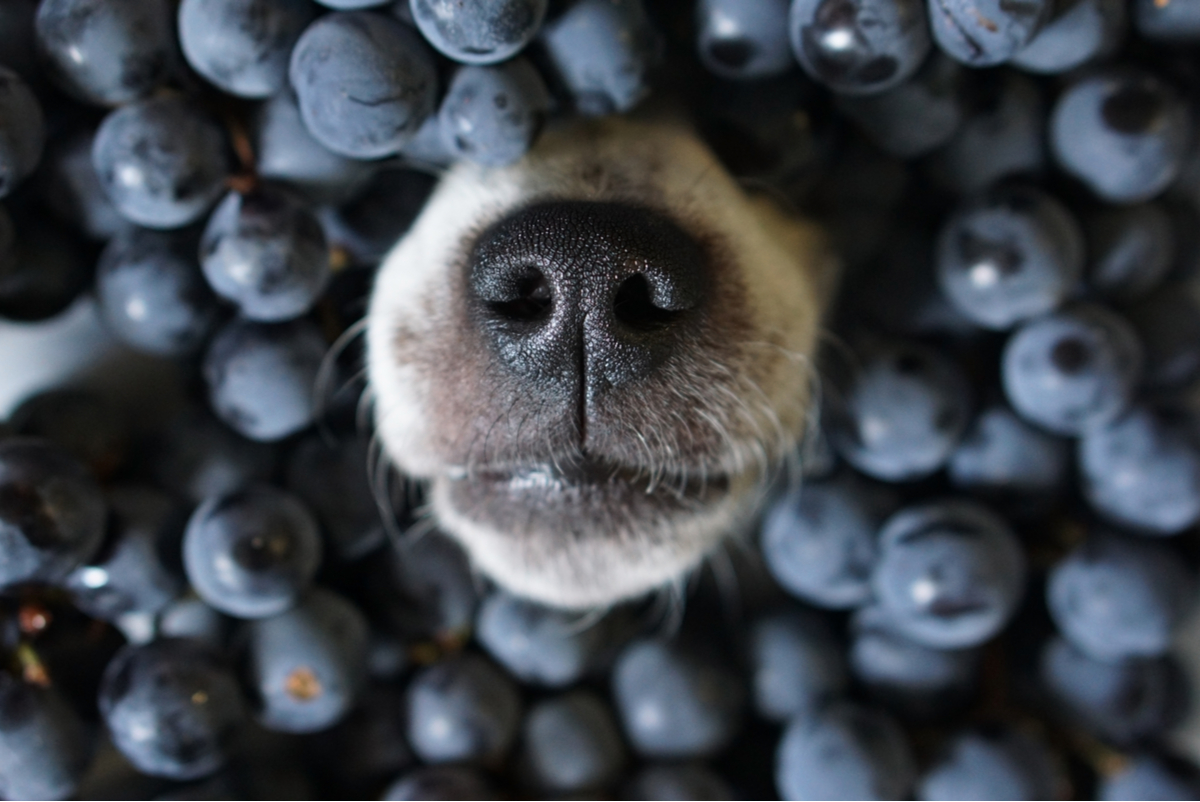
1. Blueberries
Blueberries help to starve tumor cells and contain an antioxidant compound called ellagic acid, which blocks metabolic pathways that can lead to cancer. Luckily, blueberries are one of the easier fruits to feed your dog since most pups love them! They are also an ingredient in some of the popular freeze-dried toppers for dogs.

2. Carrots & Other Orange-Yellow Veggies
In a study performed in 2005 on Scottish Terriers, Orange & yellow veggies were found to help prevent certain kinds of cancer. Many dog parents find that their pups LOVE carrots. Just make sure you either chop them very finely, or use a powdered freeze dried version. Not all dogs are able to digest large chunks of carrots, so they may not receive the same benefits.
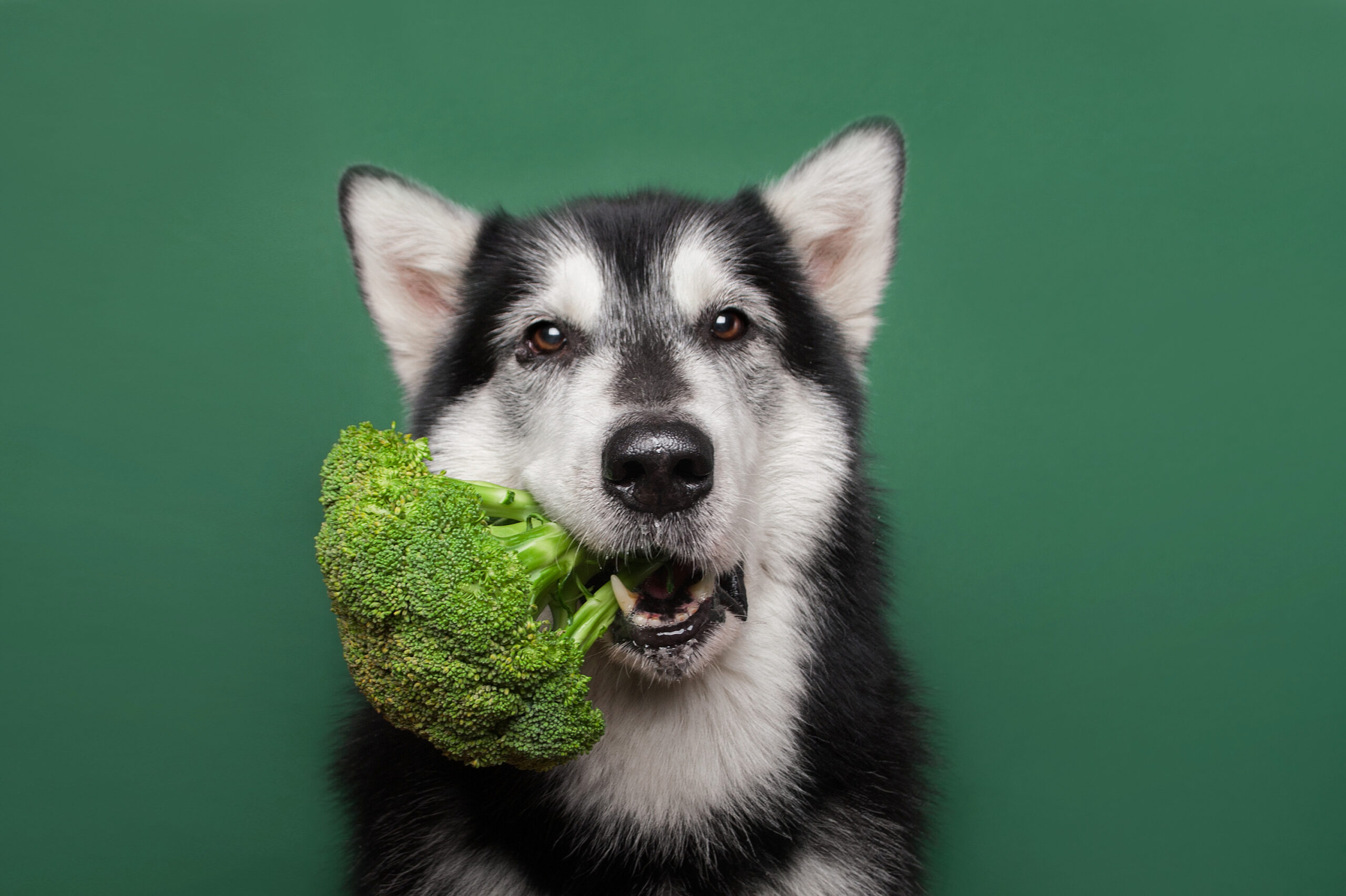
3. Kale & Other Green Veggies
A study at Purdue University showed a decreased risk of cancer when green leafy vegetables were added to a bowl of processed food 3x per week. Some pet owners find leafy greens are a bit harder to feed, but if you finely chop veggies like kale, spinach, or romaine lettuce and mix with some of your dog’s favorite food.
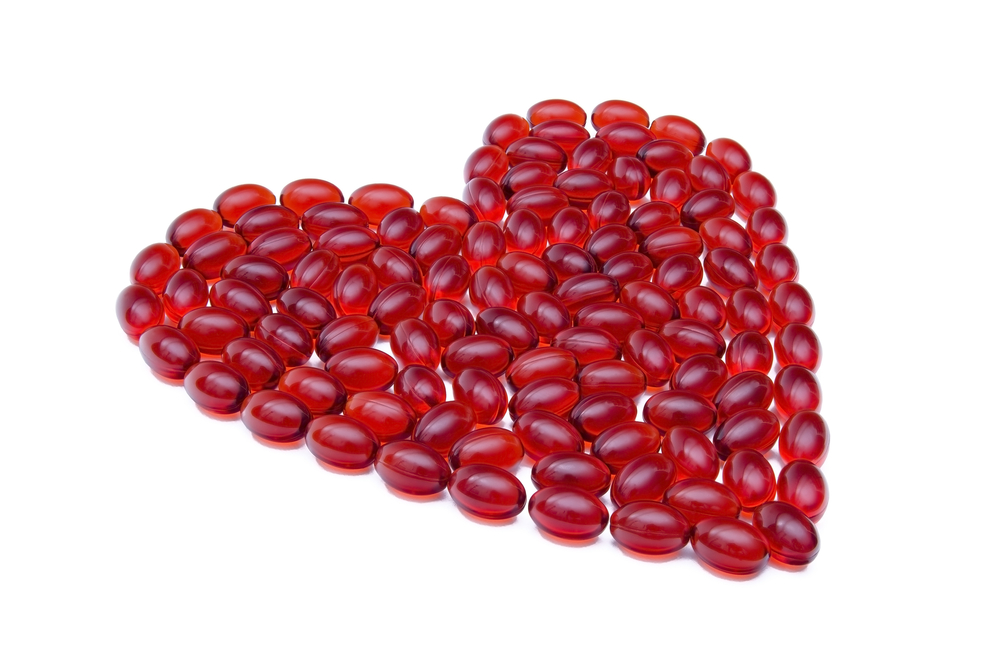
4. Omega-3 Fatty Acids
Omega-3 fatty acids are one of the must-adds if you feed your dog kibble. The anti-inflammatory properties of essential fatty acids help stave off the process that could lead to tumor growth.
Unfortunately, no matter how expensive or high-quality your dog’s kibble is, it will never provide an adequate amount of Omega-3 fatty acids. This is due to the simple fact that fish oils are very unstable in a heat processed food like kibble. Even if the fats survive the manufacturing process, the moment they’re exposed to air when the bag is opened, it begins the oxidation process and will soon become rancid.
For this reason, fish or krill oil supplements are very popular amongst dog parents, with krill oil being for best choice for how effectively its absorbed. Another alternative is giving your pup a few (unsalted) sardines over their food every night.
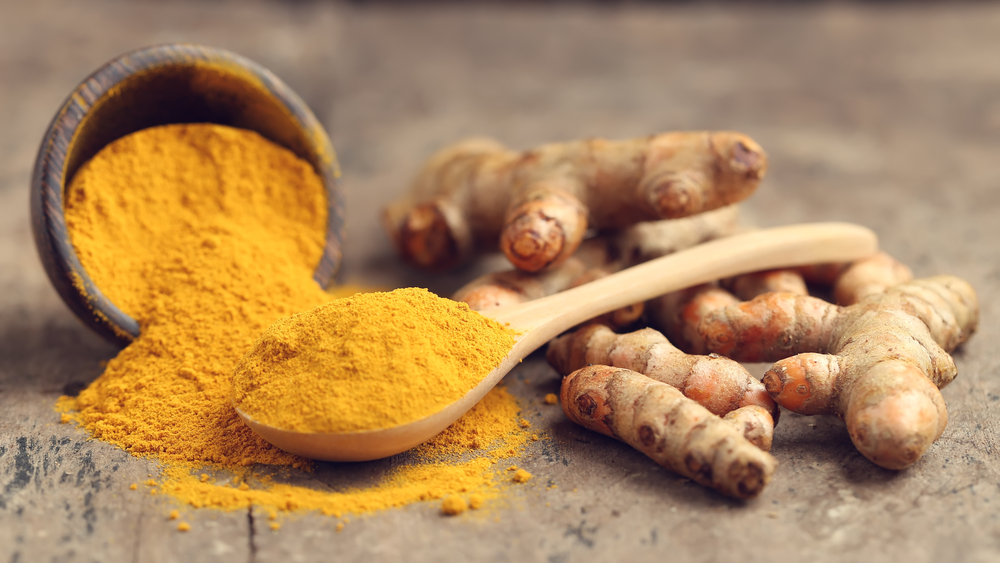
5. Turmeric (Curcumin)
In laboratory studies, the curcumin in turmeric has been shown to stop the growth and spread of cancer cells. Because curcumin can decrease the effectiveness of certain chemotherapy drugs, check with your veterinarian before incorporating turmeric into a dog’s diet when undergoing treatment for cancer.
Turmeric also provides a benefit to your dog’s joints, as many people also know who take a turmeric supplement for the same reason. Turmeric isn’t always the easiest thing to feed a dog, since the taste is pretty bad for pups. So consider making your own golden paste or finding a tasty treat that incorporates turmeric in the formula.
6. Boost The Protein, Cut The Carbs
Many dog owners are shocked when they learn that kibble is roughly 50% carbohydrates! Believe it or not, this is true even for the fancy and expensive grain free foods.
Studies in dogs who have cancer have found that ketogenic diets (high fat & protein, ultra-low carbs) can reduce the growth rate of tumors and extend lifespans. For this reason, many dog owners like to remove a handful of high carb kibble, and add in fresh protein like chicken breast or a raw egg. Another easy option is a freeze-dried meat topper. All of these strategies serve to boost protein while reducing carbs, which also has the added benefit of helping your dog shed a few pounds.
One of our favorite ways to boost protein with your dog’s diet is using the Happy, Healthy™ brand of toppers. It’s nothing but freeze-dried meet, fruits, veggies, probiotics, and collagen.
These statements have not been evaluated by the Food and Drug Administration. This product is not intended to diagnose, treat, cure, or prevent any disease. The information on this website is not intended to replace a one-on-one relationship with a qualified healthcare professional.
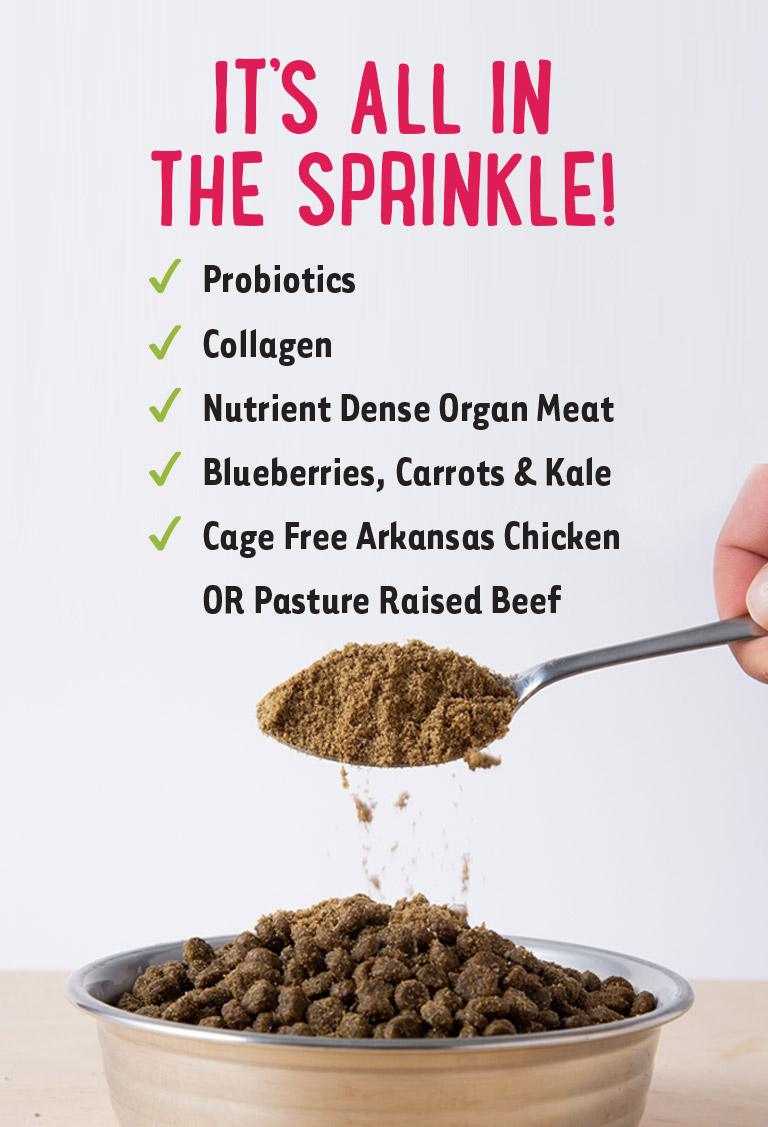
 Toledo, United States.
Toledo, United States.